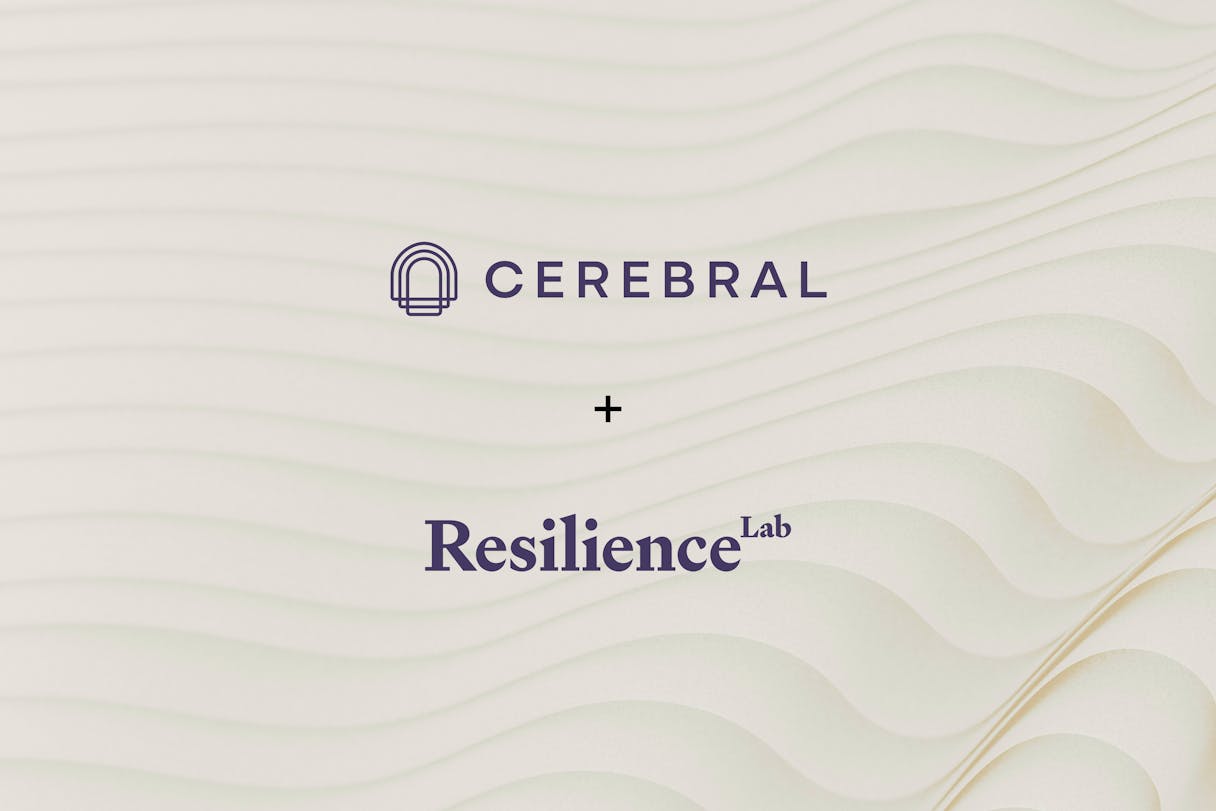Somewhere between 33 to 50% of the adult population experiences insomnia symptoms, while chronic insomnia disorder impacts about 10 to 15%. If you are someone who consistently has trouble falling or staying asleep, then you know how much it can affect your general wellness. In addition, it can trigger emotional challenges like depression and anxiety. It leads to poor concentration and difficulty focusing and can even disrupt one’s coordination and cause gastrointestinal disturbances. So, what can someone do if they’re struggling? One answer is cognitive behavioral therapy (CBT).
What is Cognitive Behavioral Therapy for Insomnia?
CBT is a proven method, backed by science, in which a person can learn to change the way they think, subsequently changing the way they feel. In both research and clinical practice, CBT has provided markedly positive results—at times, better even, than other forms of therapy and even certain medications. CBT has ample support from the scientific community. Let’s dive deeper into what CBT is exactly…

Cognitive behavioral therapy can help individuals who are experiencing issues to include, but not limited to: depression, anxiety, substance use and—you guessed it—insomnia. The ultimate goal of CBT is to improve an individual’s quality of life—in this case, by getting to the root of their sleeping problem and personalizing a plan of action to counter.
One core principle of cognitive behavioral therapy is the encouragement of individuals to examine and change both their thinking and behavioral patterns. For example, someone suffers from insomnia due to intense and chronic anxiety, in which the insomnia is a byproduct of anxiety. A therapist can help this person:
- Better understand what’s causing their anxiety in the first place. CBT isn’t a bandage but a long-term solution.
- Learn to recognize how their anxiety is manifesting and impacting their health.
- Find healthy ways to cope with their anxiety.
- Feel more confident in their ability to manage their anxiety, and therefore, their sleep. This will give the client the tools and resources they need to improve their sleep on their own.
CBT looks different from person to person. A qualified therapist can help determine the best approach for each individual’s needs and goals. CBT is beneficial as it’s a holistic approach to addressing mental health that’s both safe and long-lasting.
Examples of CBT for Insomnia
Let’s talk more about how a therapist might employ CBT for chronic insomnia (CBT-I2). This form of cognitive behavioral therapy looks at how one thinks, behaves and sleeps. The therapist works with the client to identify feelings and actions that might be contributing to the insomnia.

If the individual’s thoughts and behaviors are not conducive to adequate sleep, the therapist helps them reframe these patterns. Rather than the individual feeling like they’re at insomnia’s mercy, one aim is to put them back in the driver’s seat so they have more control over their mental and physical health.
Another possible element of cognitive behavioral therapy for insomnia is sleep restriction therapy. One of the most frustrating parts of insomnia, for some, is the hours spent laying in bed, unable to fall asleep. Sleep restriction limits this time, which helps increase fatigue during the daytime, ultimately establishing a more consistent and stable sleep schedule.
Sleep restriction therapy works as such... First, the individual calculates how many hours total they sleep on an average night. Then, they add 30 minutes. This is how much time they’ll spend in bed, total. For example, a person typically goes to bed at 10:00 p.m. and has an alarm set for 8:00 a.m. That’s ten hours in bed, but maybe they only sleep for three of those hours. Sleep restriction therapy says that instead, they should go to bed at 3:00 a.m. and set an alarm for 6:30 a.m. This is the total time they typically sleep, plus 30 minutes.
The time in bed increases as the time spent sleeping increases. Sleep restriction improves the individual’s sleep efficiency. It can also help to reduce or eliminate the anxiety around sleep since a person knows they won’t be laying in bed awake for hours. Reducing this anxiety can further promote sleep. It’s a positive feedback loop that’ll continue to encourage healthier, more abundant rest.
Receiving Cognitive Behavioral Therapy for Insomnia Online
Finding and receiving mental healthcare continues to be an uphill battle for millions of people. Cerebral was born out of the mission to put mental health in the spotlight and provide quality services to treat. Our goal is to make online therapy accessible and affordable for everyone. We hope to contribute to the negative stigma surrounding therapy becoming a thing of the past. We offer monthly subscriptions at various prices so that clients can pick something that fits their needs and budget. Cost, convenience and fear of judgment will never be a factor with us.
Digital cognitive behavioral therapy for insomnia is within your reach. We’ll look at first, what’s causing the client’s insomnia and second, what the best approach to resolving it is, and personalize it accordingly. Should the individual be experiencing other mental health issues that are somehow connected to their insomnia, these will also be addressed. If medication is necessary to treat an individual’s insomnia, we will deliver it straight to their door. Our team of therapists, coaches and care counselors is committed to helping our clients in a compassionate and research-backed manner.
If you or someone you know is struggling with insomnia, we’re here to help. Start with our free emotional assessment so that we can get to know you more. Someone from our team will be in touch to discuss the next steps.
1 https://my.clevelandclinic.org/health/diseases/12119-insomnia
2 https://www.sleepfoundation.org/insomnia/treatment/cognitive-behavioral-therapy-insomnia

Our Care: The Resilience Methodology

A New Era of Mental Healthcare: How Cerebral Is Expanding High-Quality, Personalized Care

5 Things to Look for in a Therapist

Call 911 if you’re having a
mental health emergency
Text Home to 741-741 if you're in emotional
distress and need immediate support
Call or text 988 Suicide &
Crisis Lifeline. Chat service
is available at 988lifeline.org.